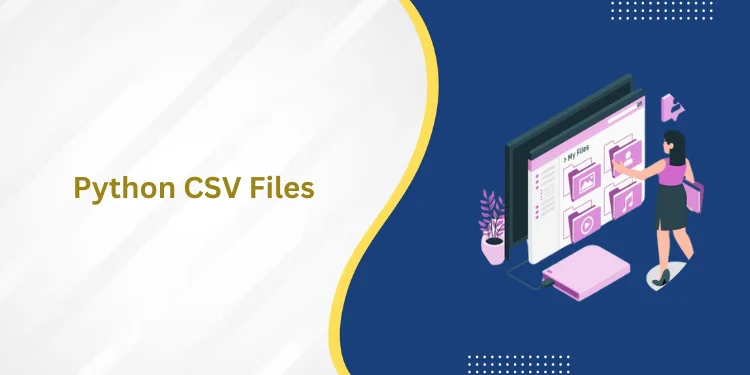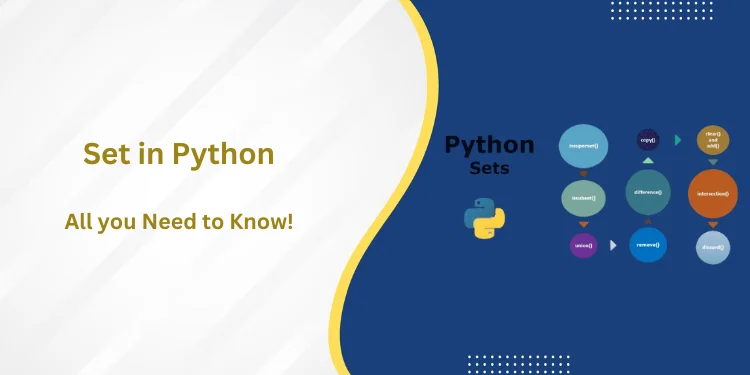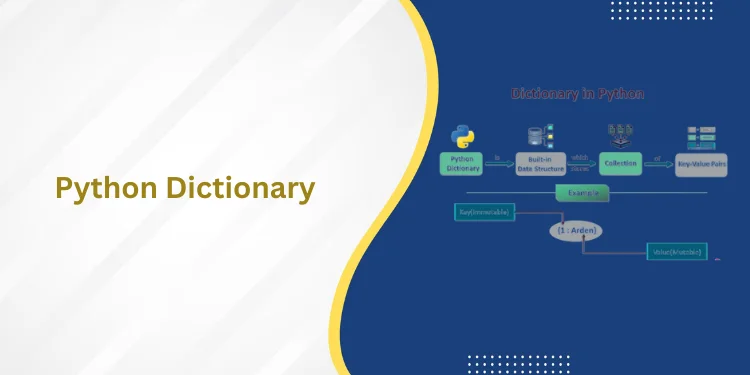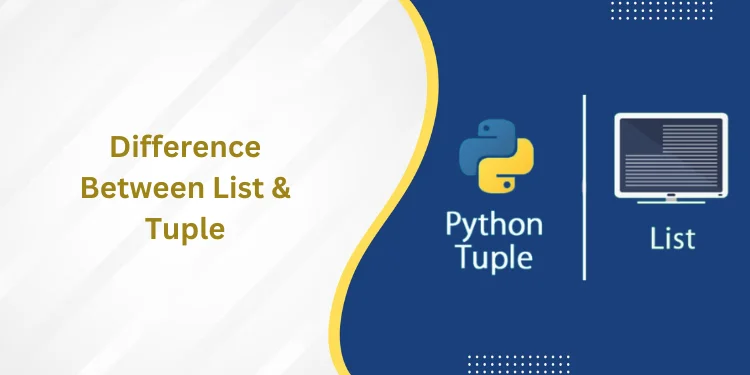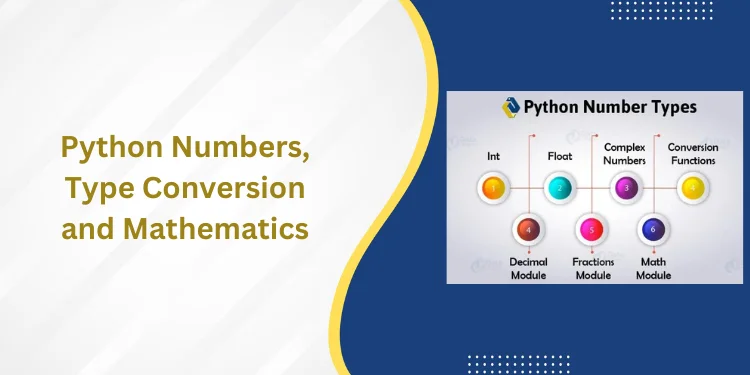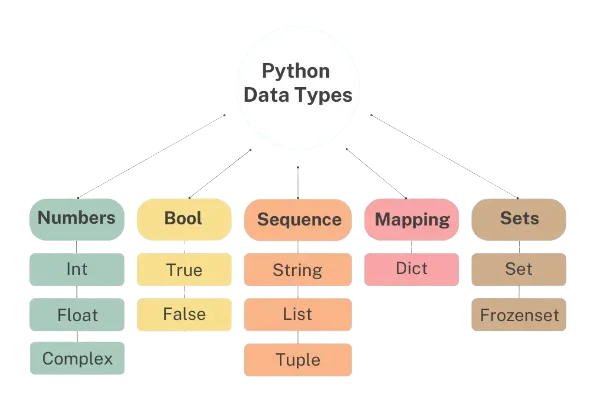Table of Contents
ToggleIntroduction
IBM is a multinational technology company that specializes in hardware, software, and services. IBM is known for its innovative technologies and has been an industry leader for many years. IBM conducts coding interviews to assess a candidate’s programming skills and knowledge. These coding questions are designed to evaluate a candidate’s problem-solving skills, analytical skills, and their ability to write clean and efficient code.
In this blog, we will discuss various IBM coding questions, their complexity levels, and how to approach them. We will also discuss some tips and tricks to help you prepare for your coding interview with IBM. The coding questions may cover a wide range of topics, such as data structures, algorithms, sorting, searching, strings, arrays, and more. It is essential to have a good understanding of these concepts to excel in the coding interview.
Through this blog, we will provide you with insights into the types of coding questions that IBM asks during their interviews. We will also provide you with tips on how to approach these questions and how to prepare for the IBM coding interview. The purpose of this blog is to help aspiring developers and programmers to prepare for their coding interviews with IBM.
Understanding the Types of IBM Coding Questions

IBM coding questions come in various types and formats to assess the skills of candidates for different job roles in the company. Some of the common types of IBM coding questions include:
Algorithmic questions: These are questions that test a candidate’s ability to solve problems using algorithms and data structures.
Code tracing questions: In these types of questions, a piece of code is given, and the candidate has to predict the output or identify errors in the code.
Object-oriented programming questions: These questions test a candidate’s understanding of object-oriented programming concepts like inheritance, encapsulation, and polymorphism.
System design questions: These questions assess a candidate’s ability to design scalable and efficient systems.
Database and SQL questions: These questions test a candidate’s proficiency in SQL and database design.
Front-end development questions: These questions assess a candidate’s understanding of front-end web development technologies like HTML, CSS, and JavaScript.
Back-end development questions: These questions test a candidate’s proficiency in back-end technologies like Java, Python, and Node.js.
Machine learning and data science questions: These questions assess a candidate’s understanding of machine learning algorithms, data preprocessing, and data visualization.
The type of coding questions asked during an IBM interview depends on the job role and level of the position.
Basic Programming Concepts Tested in IBM Coding Questions

coding questions typically test the basic programming concepts of candidates, and assess their ability to solve problems and write efficient code. Some of the basic programming concepts that are commonly tested in IBM coding include data structures, algorithms, control structures, loops, functions, classes and objects, recursion, and error handling. Candidates are expected to have a strong understanding of these concepts, and be able to apply them in real-world scenarios.
In addition, candidates may also be tested on their proficiency in programming languages such as Java, Python, C++, and others. The coding questions may also involve working with databases, APIs, and other technologies that are relevant to the job role.
To excel in coding questions, candidates should have a strong foundation in programming concepts, and should be able to write clean and efficient code. They should also be able to solve problems systematically, and be able to optimize their code for performance. It is also important for candidates to be familiar with the programming language and technologies that are relevant to the job role.
Click here to know about: data science course in kerala
Tips for Preparing for IBM Coding Questions

Preparing for coding questions can seem like a daunting task, but with the right approach and mindset, it can be manageable. Here are some tips to help you prepare:
Brush up on the basics: Before diving into more complex topics, make sure you have a strong understanding of the basics of programming, including data types, control structures, and functions.
Practice coding challenges: There are many online resources, such as HackerRank and LeetCode, that offer coding challenges similar to those you might see in an IBM coding question. Practicing these challenges can help you hone your skills and become more comfortable with coding under pressure.
Familiarize yourself with the programming languages: IBM coding questions may be in a variety of programming languages, so it’s important to be familiar with the syntax and features of each language that you might encounter.
Learn to think algorithmically: Many IBM coding questions are designed to test your ability to think algorithmically and solve problems efficiently. Practice breaking down problems into smaller, more manageable pieces, and finding creative solutions to complex problems.
Time management: IBM coding question are often timed, so it’s important to practice managing your time effectively. Try setting a timer for yourself while practicing coding challenges to get used to working under a deadline.
By following these tips and putting in the time and effort to practice and prepare, you can increase your chances of success when facing coding questions.
IBM Coding Question Examples and Solutions

IBM coding question can cover a wide range of topics, from data structures and algorithms to object-oriented programming and web development. Here are a few examples of IBM coding questions and their solutions:
Given a string, write a function to reverse it.
Solution: Iterate through the string in reverse order and append each character to a new string.
Given an array of integers, write a function to find the largest sum of any contiguous subarray.
Solutio
n: Use Kadane’s algorithm to iterate through the array and keep track of the maximum sum seen so far.
Implement a binary search tree and write a function to find the kth smallest element in the tree.
Solution: Traverse the tree in order and keep track of the number of nodes seen so far. When the kth node is reached, return its value.
Write a function to find the longest common prefix of an array of strings.
Solution: Iterate through the first string and compare each character to the corresponding characters in the other strings. Return the longest common prefix.
Write a function to generate the first n numbers of the Fibonacci sequence.
Solution: Use a loop to generate each number in the sequence by adding the previous two numbers together.
These examples demonstrate the range of topics and difficulty levels that IBM coding can cover, and the importance of being well-versed in various programming concepts and techniques.
Also read: data science course in kolkata
IBM Coding Question on Data Structures and Algorithms
IBM coding question on data structures and algorithms are designed to test candidates’ understanding and proficiency in fundamental concepts such as arrays, linked lists, trees, graphs, sorting, searching, and dynamic programming. These questions often require candidates to implement these concepts in code, optimize solutions for time and space complexity, and debug code for errors.
One example of an IBM coding question on data structures and algorithms is to find the longest increasing subsequence of an array. Another example is to implement a hash table that supports insert, delete, and search operations. Questions on algorithms may include implementing Dijkstra’s shortest path algorithm or implementing binary search.
To prepare for these types of questions, candidates should have a solid understanding of data structures and algorithms and be able to implement them in code. Practice coding problems and coding challenges can be a great way to prepare for coding questions on data structures and algorithms. It is also important to review common algorithms and their time and space complexities.
IBM Coding Question on Object-Oriented Programming
1IBM coding question on object-oriented programming test the candidate’s ability to design and implement object-oriented solutions to problems. The questions are designed to test the candidate’s knowledge of key concepts such as inheritance, polymorphism, and encapsulation, as well as their ability to apply these concepts in practical situations.
For example, a typical IBM coding question on object-oriented programming might ask the candidate to design and implement a class hierarchy for a particular problem domain, such as a banking system or an e-commerce platform. The candidate might be asked to identify the key classes and their relationships, as well as to implement methods and properties for each class.
To prepare for coding questions on object-oriented programming, candidates should have a strong understanding of object-oriented design principles and patterns, as well as experience with object-oriented programming languages such as Java or C++. Candidates should be familiar with key concepts such as inheritance, polymorphism, and encapsulation, as well as the use of interfaces, abstract classes, and design patterns such as the factory pattern and the observer pattern.
Practice coding questions on object-oriented programming can be found online, as well as in programming textbooks and other resources. Candidates should also practice implementing solutions to real-world problems using object-oriented design and programming techniques.
IBM Coding Questions on Web Development
IBM coding questions on web development are designed to assess a candidate’s skills and knowledge of web development technologies, frameworks, and libraries. These questions can range from front-end development using HTML, CSS, and JavaScript to back-end development with popular frameworks like Node.js, Express.js, and Ruby on Rails.
IBM coding question on web development can cover a wide range of topics, including:
HTML and CSS: Candidates may be asked to write HTML and CSS code to create a simple web page layout.
JavaScript: Candidates may be asked to write JavaScript code to manipulate the DOM, handle user events, and create interactive web applications.
Frameworks and libraries: Candidates may be asked to write code using popular web development frameworks like React, Angular, or Vue.js.
Server-side programming: Candidates may be asked to write code to create REST APIs using Node.js, Express.js, or Ruby on Rails.
Database integration: Candidates may be asked to write code to interact with databases using SQL or NoSQL technologies like MongoDB.
To prepare for coding questions on web development, candidates should have a strong foundation in web development concepts, programming languages, and frameworks. They should also practice solving coding problems using online coding platforms and participating in coding challenges and hackathons.
Best Practices for Answering IBM Coding Questions
Answering IBM coding questions require a good understanding of programming concepts and problem-solving skills. Here are some best practices to follow:
Read the question carefully: Read the question carefully to understand the requirements, inputs, and outputs.
Plan your solution: Plan the solution before writing the code. Identify the data structures and algorithms that can be used to solve the problem.
Use comments and meaningful variable names: Use comments and meaningful variable names to make the code readable and easy to understand.
Test the code: Test the code to ensure that it is working as expected. Use test cases to verify the output.
Optimize the code: Optimize the code for performance, readability, and maintainability. Use built-in functions and libraries where possible.
Practice coding: Practice coding regularly to improve your problem-solving skills and programming concepts.
Use online resources: Use online resources, such as documentation, tutorials, and forums to learn new concepts and techniques.
Time management: Manage your time effectively during the coding assessment. Prioritize the questions based on difficulty level and allocate time accordingly.
By following these best practices, you can improve your chances of successfully answering IBM coding questions and securing a job in the company.
Conclusion
In conclusion, IBM coding questions are an essential part of the hiring process for technical roles at IBM. These questions are designed to assess a candidate’s programming skills, problem-solving abilities, and knowledge of various programming concepts and technologies. It is important for candidates to prepare thoroughly for these questions by practicing coding exercises, improving their understanding of programming concepts and algorithms, and reviewing examples of past IBM coding questions.
To excel in IBM coding questions, candidates should be familiar with the programming language and technologies listed in the job description. They should also have a clear understanding of data structures, algorithms, and object-oriented programming concepts. Additionally, candidates should follow best practices for coding, such as writing clean and readable code, using appropriate variable names, and commenting code where ne
cessary.
Overall, IBM coding questions are an opportunity for candidates to showcase their technical skills and demonstrate their ability to solve complex programming problems. By preparing well and following best practices, candidates can increase their chances of success and stand out in the competitive job market.
Frequently Asked Questions
What programming languages are typically used in IBM coding questions?
IBM coding questions may be presented in several programming languages, including Java, Python, C++, and JavaScript, among others. The language requirements are usually specified in the job description.
Are IBM coding questions difficult?
IBM coding questions can vary in difficulty, depending on the specific role being applied for. Some questions may be relatively straightforward, while others may require a more advanced understanding of programming concepts and algorithms.
How should I prepare for IBM coding questions?
Preparing for IBM coding questions can involve several steps, such as practicing with sample questions, reviewing programming concepts and data structures, and improving problem-solving skills. Familiarizing oneself with the job description and requirements can also be helpful.
Can I use external resources during an IBM coding question assessment?
Typically, IBM coding question assessments are designed to be completed without external resources, such as textbooks or internet searches. However, this can vary depending on the specific assessment and instructions provided.
What are some tips for answering IBM coding questions?
Some tips for answering IBM coding questions include reading the question carefully, writing clean and efficient code, testing and debugging thoroughly, and commenting the code to explain the thought process. It is also important to manage time effectively during the assessment.





